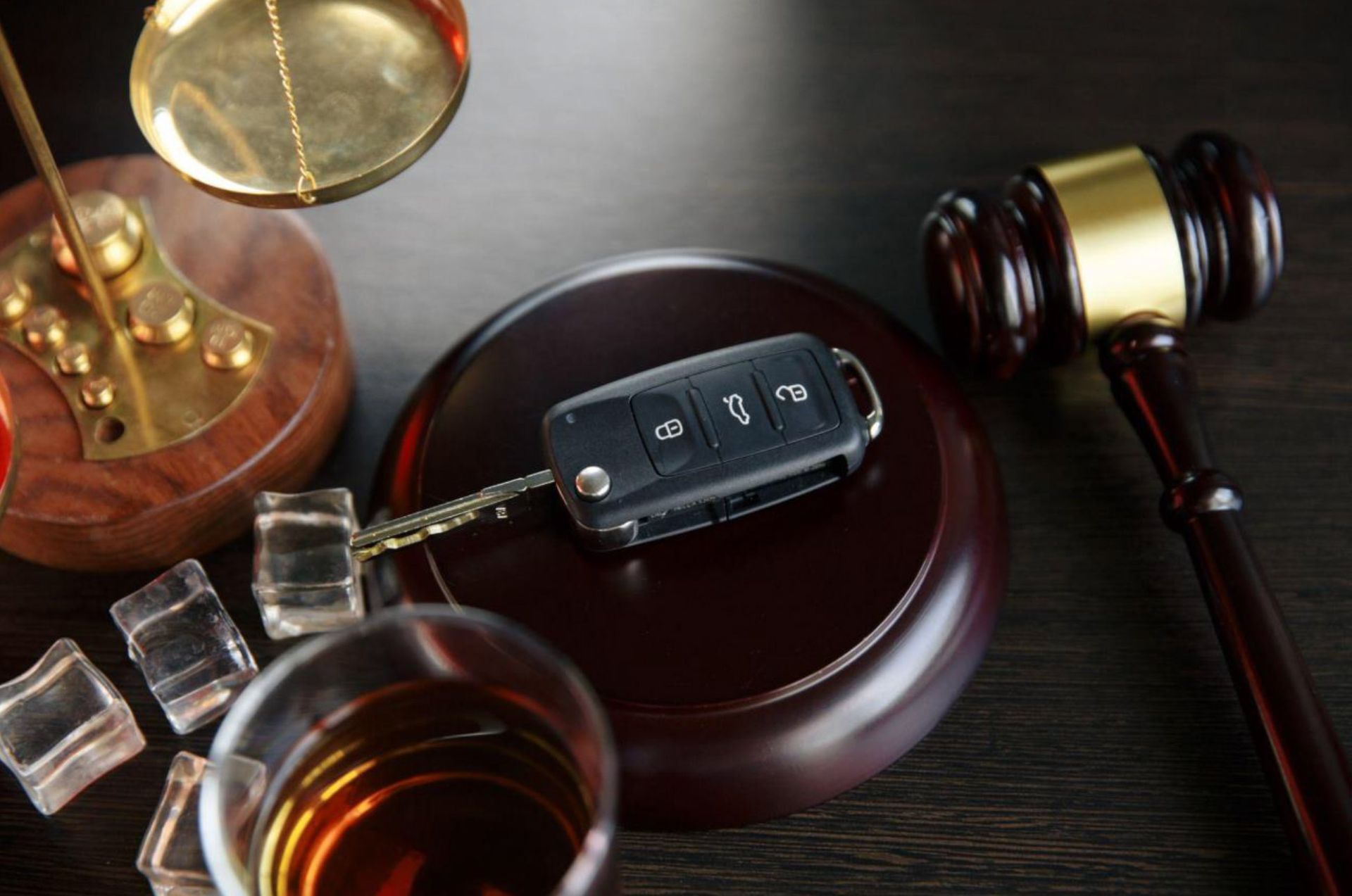Legal Insights and Updates from Topeka's Top Attorneys

Discover the importance of estate planning in ensuring your assets are distributed according to your wishes. Learn how a well-thought-out plan can provide financial security for your loved ones, minimize tax liabilities, reduce family conflicts, and protect your business and healthcare decisions. Explore the key benefits of creating a will, trust, and other vital legal documents to safeguard your future.
As a business owner, you may eventually face a contract dispute with a partner. Read our blog to explore how to navigate this situation.
Questions about child support payments? Read this post to understand child support payments through legal frameworks, calculations, modifications, and more.
Stay informed with the latest legal insights and updates from Hoffman & Hoffman. Our blog offers valuable information on various legal topics relevant to Topeka, KS. For personalized legal advice, call us at (785) 233-5887 and schedule a consultation with our experts.








